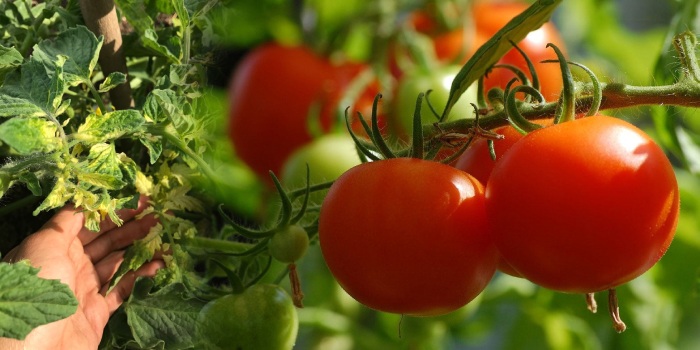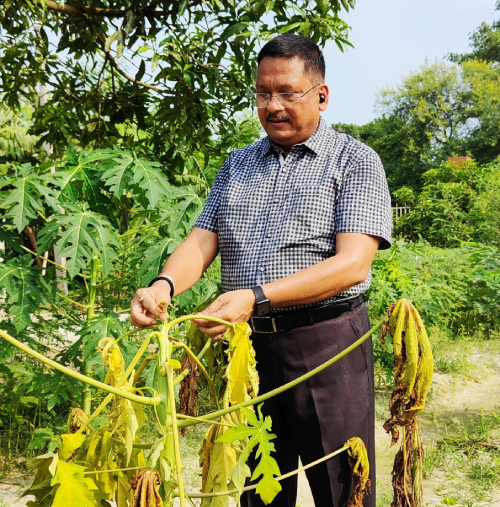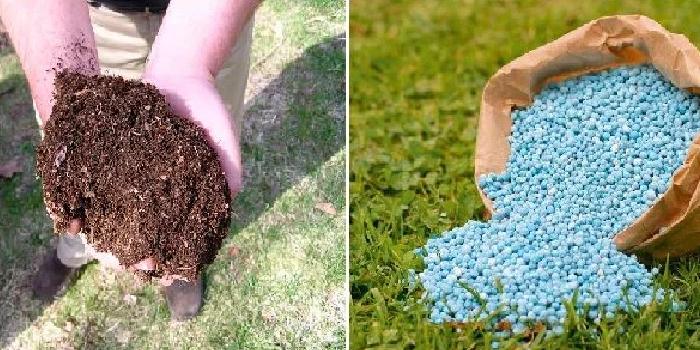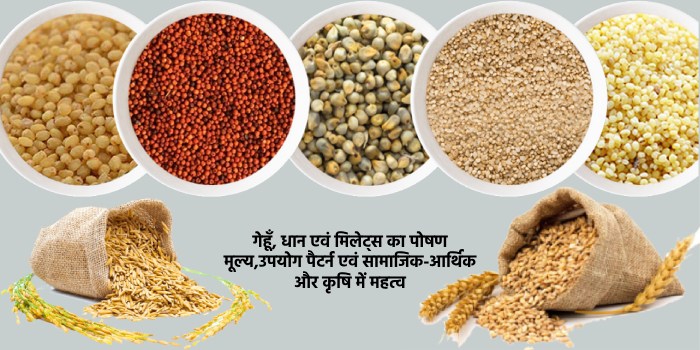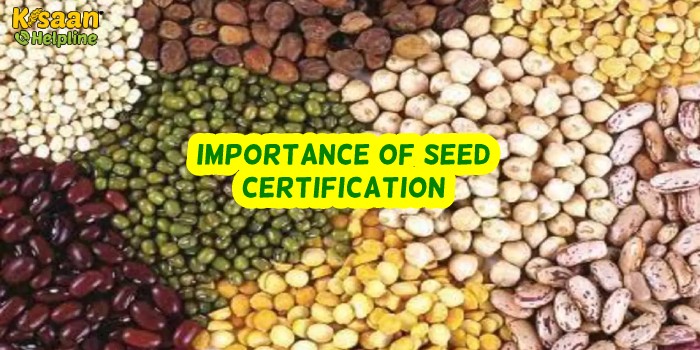
Dr Koteshi Lamani * and Dr V.P. Singh **
Krishi Vigyan Kendra, Barasin, Sultanpur- Acharya Narendra Deva University of Agriculture & Technology, Kumarganj, Ayodhya-224 229 (Uttar Pradesh)
Seed certification is system of maintaining the quality of seeds. The crops offered for certification are raised as per requirement for seed certification established by seed certification agency. Several inspections are made to ensure purity and quality of seeds.
SEED CERTIFICATION AGENCY:
The seed certification agency is established under section 8 or reorganized under section 18 of seeds act 1966. Its major function is to certify seeds of any notified kind or varieties. The State seed certification agencies (SSCAs) are responsible for certification of seeds of the concerned states.
FUNCTIONS OF SSCA:
- Screening the applications from the seed growers for seed certification
- Checking and verifying the authenticity of the source seed used for growing the seed crop under certification
- Carrying out requisite field inspections
- Conducting seed tests
- Certifying seeds found suitable and issuing appropriate tags for certified and foundation seeds
- Conducting short courses on seed production,
- Guiding the seed growers on production, processing and distribution of seeds
- Participating in other activities conducive to the development of seed industry
STEPS OF SEED CERTIFICATION:
- Verification of seed source
- Field inspection to conform to the prescribed field standards
- Supervision at harvesting and after harvesting
- Seed sampling and testing in seed testing laboratory
- Tagging and sealing
DIFFERENT CLASSES or TYPES OF SEEDS:
- NUCLEUS SEED: is the handful of original seed obtained from selected individual plants of a particular variety for maintenance and purification by the originating breeder. It is further multiplied and maintained under the supervision of qualified plant breeder to provide breeder seed. This forms the basis for all further seed production. It has the highest genetic purity and physical purity.
- BREEDER’S SEED: This is the progeny of the nucleus seed multiplied in large area under the supervision of plant breeder and monitored by a committee. It provides cent per cent physical and genetic pure seed for production of foundation class. Golden yellow colored certificate is issued for this category by the producing agency.
Labelling of breeder seed
- Breeder seed shall be supplied in sealed containers, duly stitched and sealed. A cloth-lined label of 12 cm x 6 cm containing following information shall be fixed on the container.
- The container should also have printed on it and the kind, variety and name of Institution’.
The label shall be rubber-stamped with signature, name and designation of the concerned breeder. Colour of the label shall be Golden Yellow.
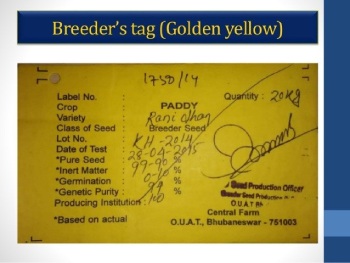
3. FOUNDATION SEED: The foundation seed is the progeny of the breeder seed. Sometimes, it may be produced from the foundation seed which could be clearly traced to the breeder seed. The production of foundation seed shall be supervised and approved by the Certification Agency and should be so handled as to maintain specific genetic identity and genetic purity and shall be required to conform to the certification standards specified for the crop that is being certified. Seed Certification agency issues a white colour tag for foundation class seed.
Labelling of foundation seed
- Foundation seed shall be supplied in sealed containers, duly stitched and sealed. A cloth-lined label of 15 cm x 7.5 cm containing following information shall be fixed on the container.
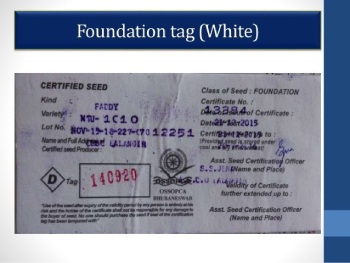
4. CERTIFIED SEED: It is the progeny of foundation seed and produced by registered seed growers under the supervision of Seed Certification Agency by maintaining the seed quality as per minimum seed certification standards. However, certified seed can also be produced from certified seed to maintain adequate seed supplies under the discretion of the Certification Agency. Seed Certification Agency issues an azure blue colour tag certificate.
Labelling of Certified Seed
Certified seed shall be supplied in sealed containers, duly stitched and sealed. A cloth-lined label of 15 cm x 7.5 cm containing following information shall be fixed on the container.
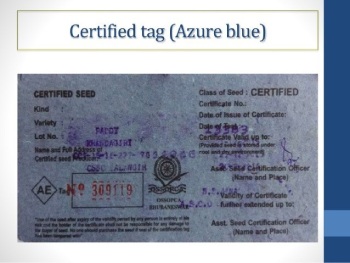
5. TRUTHFULLY LABELED SEED: It is the category of seed produced by the private seed companies and sold under truthful labels. Companies should maintain field and seed standards suggested for quality seed production as per the Seeds Act.
Labelling of Truthful Labelled Seed
- Truthful labelled seed shall be supplied in sealed containers, duly stitched and sealed. A cloth-lined label of 15 cm x 10 cm containing following information shall be fixed on the container. Certification tag: Opal green
Differences between CS and TL seeds
| Certified seed | Truthful labelled seed |
| Certification is voluntary. Quality guaranteed by certification agency. | Truthful labelling is compulsory for notified kind of varieties. Quality guaranteed by producing agency. |
| Applicable to notified kinds only | Applicable to both notified and released varieties |
| It should satisfy both minimum field and seed standards | Tested for physical purity and germination |
| Seed certification officer, seed inspectors can take samples for inspection. | Seed inspectors alone can take samples for checking the seed quality. |


